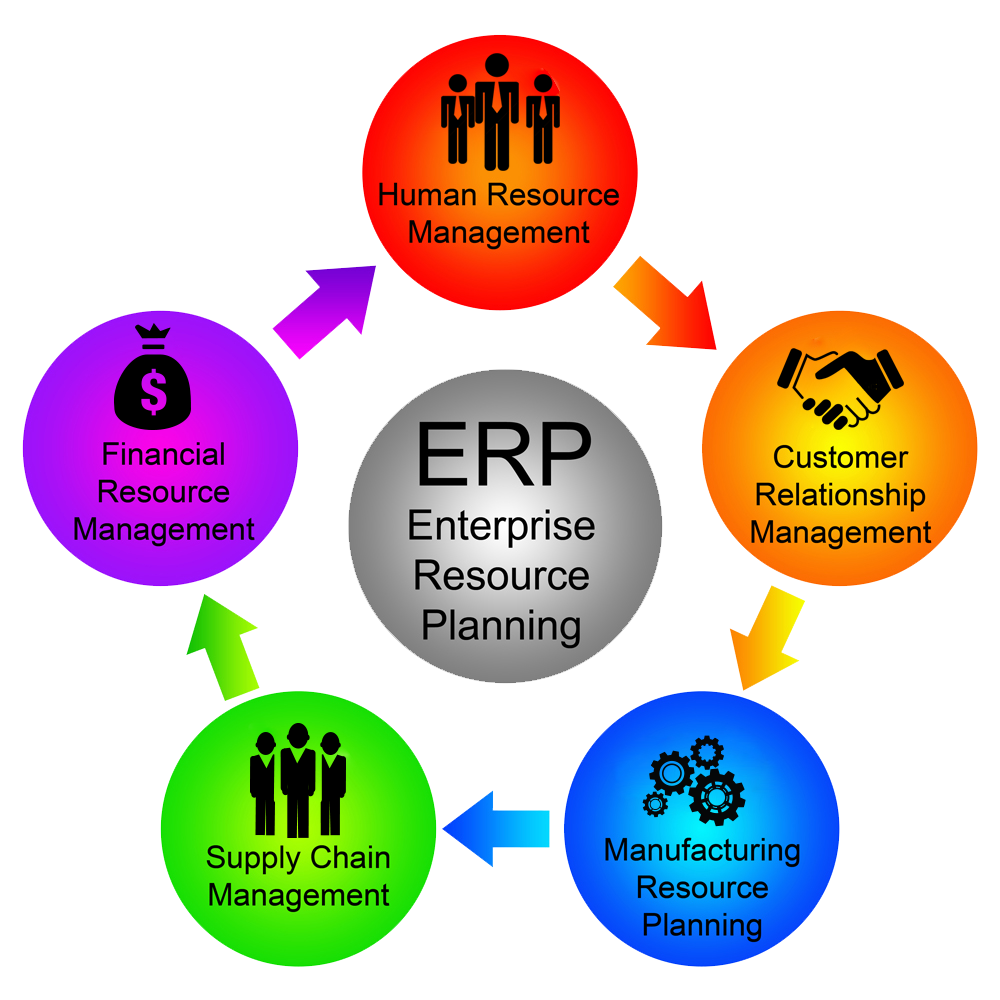Benefits of Automating ERP System
A true Enterprise Resource Planning (ERP) system is the one that uses both external and internal information relevant to the organization within a comprehensive solution. Through the incorporation of practical systems used by organizations, an ERP solution manages the commercial functions of the businesses. These functions include planning, materials management, manufacturing, purchasing, accounting, finance, human resources, sales and marketing and services.

Ideally ERP systems use the same database throughout in an organization in order to store various types of data for various computerized functions. Earlier, ERP solutions were used only for large manufacturing companies. However, now they benefit all types and sizes of companies, even the small ones. Here are some benefits that organizations have reaped by automating their ERP systems:
A complete paperless option: Many companies have determined and taken steps to go paperless. It’s a fact that papers are more of a havoc piling on desks and stacked in drawers. The practice of using least number of papers as much as possible makes a business’ data
entry structure more efficient. Many companies have eliminated paperwork by implementing an automated ERP solution.
Increased Productivity: Disparate business processes can be integrated through ERP that makes the data error free and more efficient. It ensures coherence and avoids discontinuity and duplication. That saves time and increases productivity.
Improved accuracy: Resource planning is a tedious job. In an enterprise, there are several mundane tasks that can otherwise be avoided being performed manually by automation. There’s no room for, “it’s ok to make mistakes!” Data entry has to be accurate and error-free. Automation reduces errors and makes the processes faster.
Cost efficient: That’s the best part! Paying for the right ERP system is actually an investment on a paperless document management system. You don’t have to employ many staffs for different data entries and you will be able to avoid expense on data correction as an automated system will be less prone to errors.
Real-time reports of processes: Instead of searching through hundreds of cabinets for a particular document or looking for the concerned person for approval of an invoice within a deadline, a solution that automatically manages the documents and can direct you to the approval channel that sets it right in just few minutes is the magic that an automated ERP does. Reports generated will be quality and of boardroom standards. This will be of great help in analyzing the business process in an organized and efficient manner.
Corporate Social Responsibility, “Go Green”: An opportunity to do the bit from your end towards the society by eliminating the environmental footprints. By automating your ERP, you’ll start eliminating paper from your office, which means less waste and less of a negative impact on the environment.
Kevin Ovalle, Vice President of Anderson Frank has a valuable insight based on his vast experience engaging with NetSuite: “The introduction of a fully automated ERP system won’t happen overnight. Bringing in a cloud-based system can aid this process, but will also take strategic planning to be done correctly.” He also added: “The training and data migration processes are essential so that all members of your business using the system feel comfortable with the features and that all of their previous data won’t be lost.”
With an ERP system, staff of different departments will be able to access to the same, updated information. Reps who deal with the customers will be able to answer their queries based on the customers’ transaction status readily available on their systems without any botheration. And most of all, even customers may have access to their own transaction status that will make it even easier. The more dependency on an automated ERP, the lesser are risks and efforts with higher efficiency.
We would be delighted to discuss your use case and explore how DBSync can support your success. Please feel free to Schedule a meeting with us.